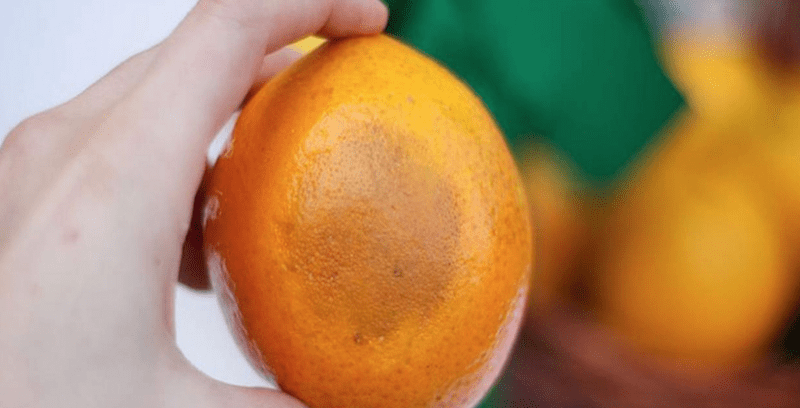
Managing Bruising in Your Skincare: The Dreaded Black and Blue
Sometimes it feels like another day, another bruise. Half the time, we don’t even remember bumping into anything, yet we look down and it’s a black and blue staring back at us. Bruises occur when the blood vessels under your skin break. An increase in bruising is fairly common as we age, and there’s a biological reason for this.
As we get older, we start to lose that protective layer of fat underneath our skin. In addition, collagen production slows down considerably, leaving us with thinner skin. Because of this, minor bumps that we wouldn’t have given a second thought to in our teens may manifest more drastically as an adult.
In some cases, excessive bruising could be a sign of a vitamin deficiency. Vitamin C plays a major role in healing wounds and producing collagen. As previously shared, collagen is a key building block for your skin’s strength and elasticity. At lower levels, you’re much more apt to bruise in the first place and the healing process can be slower too. If you’re seeing more black and blue than usual, you might not be getting enough vitamin C.
It comes back to what we’re putting on and in our bodies. Beyond being careful about what you bump into, the best way to reduce bruising is a well-balanced diet and taking care of your skin.

